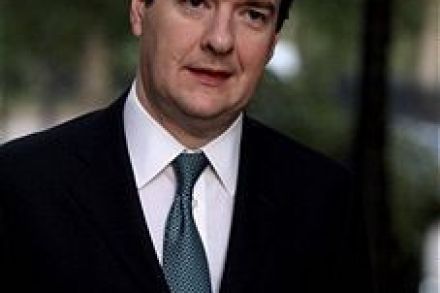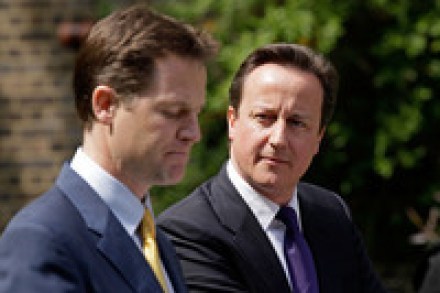The Tories turn their fire on ‘lamentable’ Johnson
Come back, you insufferable relatives, all is forgiven: the political class has devoted an afternoon to trading insults about who said what about VAT and when. However, there have been some intriguing exchanges amid the New Politics’ latest outing. First, Labour seems to be fighting the two coalition partners as a single entity in Oldham East. Cameron, Clegg and Simon Hughes have received equal measures of opprobrium this afternoon and all have been lumped together. This was always a danger, but, as Fraser noted, Clegg and Cameron invited the manoeuvre by uniting their parties’ central operations in the cause of government. If Cameron and Clegg don’t differentiate in the general,

















